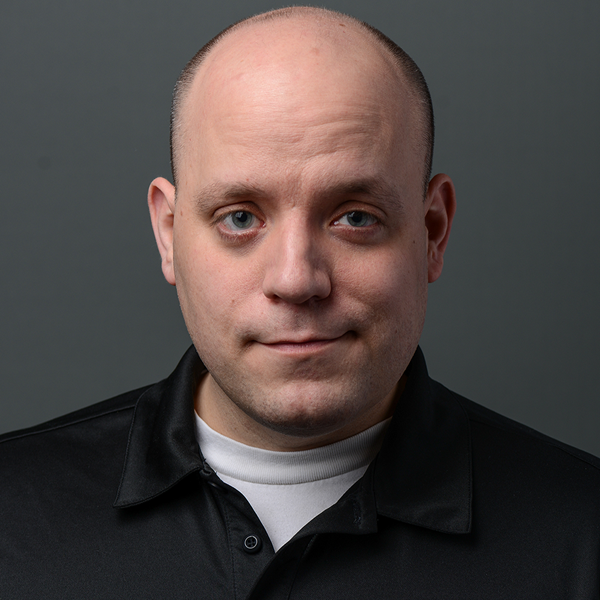Chapter 56. How I Learned That It’s Not About Me, the Scrum Master
Ryan Ripley

There is a hard truth you must face when taking on the role of Scrum Master: it’s not about you.
This realization caused me many sleepless nights as I spent over a year making the transition from project manager to Scrum Master. As a project manager, I used to be the center of attention. I had the plan that was going to get the team across the finish line. I gave the presentations to the steering committee. I was the person demonstrating the working software and fielding questions, occasionally asking a developer to help when I did not have specific, technical details. Anyone having a budget issue? I handled that as well.
As a Scrum Master, my experience taught me I had to change, which I gradually did (much to my own satisfaction and improvement of my stress levels).
The Product Owner is fully empowered to set the strategic, tactical, and financial course of the product. The Development Team is accountable for delivery and for quality. No one, not even a Scrum Master, can tell the Development Team how best to do their work. As they noticed how I started enacting the preceding, stakeholders stopped calling me and went straight to the Product Owner or Development Team with their questions—certainly during the collaborative Sprint Review event.
Looking back, I realize how I needed to become a servant-leader. Following are a few measures of a servant-leader that helped me grasp this better:
The success of the Scrum Team is far more important than my own individual accomplishment.
Servant-leaders are measured by how others are thriving and growing.
Those who choose to follow a servant-leader do so because they are inspired, not because they are told to do so.
When a Scrum Master falters as a servant-leader, anti-patterns emerge:
- No ability to experiment.
When a Scrum Master “solves” all the team’s problems, the Scrum Team will not learn how to experiment, and they lose a great opportunity to practice self-organization.
- Scrum Team members withdraw.
Apathy sets in when Scrum Masters act as project managers. A disengaged team can lead to intra-team silos of knowledge, turning it into a group of individual contributors instead of a true team.
- Whole Team concept compromised.
Every member of the Scrum Team co-owns the product. If a hero Scrum Master is solving all the problems, the Scrum Team becomes dependent on this hero behavior. Coaching others to solve issues and impediments can help make sure that teams grow, mature, and find success together.
The Scrum Master role is complex. If we perform as a servant-leader, great things can happen. If we falter, anti-patterns emerge, and team spirit suffers. There are three things I consider to be essential to becoming a Professional Scrum Master who has fully embraced servant-leadership:
Love your team from a genuine desire to serve them.
Share how you want your team to be wildly successful.
Have zero tolerance for anything keeping your team from being wildly successful.
Consider where you are on your servant-leadership journey. Can you amplify one of these traits? Good, the world needs more people that realize it’s not about you, as a Scrum Master.
